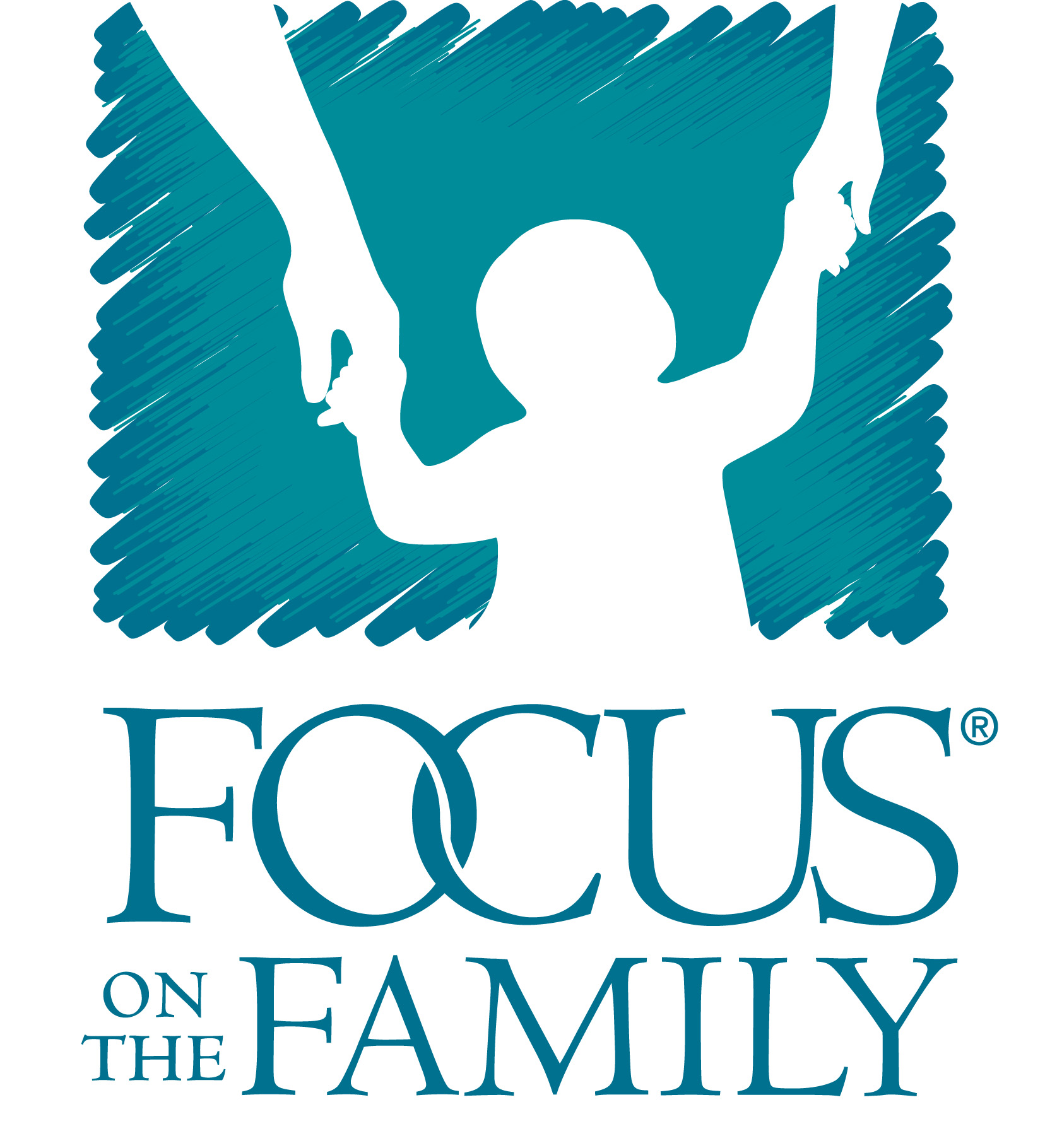In the tenth century, Abd al-Rahman was the ruler of Cordoba, in Spain. After fifty years of successful reign (“beloved by my subjects, dreaded by my enemies, and respected by my allies”), al-Rahman took a deeper look at his life. “Riches and honors, power and pleasure, have waited on my call,” he said of his privileges. But when he counted how many days of genuine happiness he’d had during that time, they amounted to just fourteen. How sobering.
The writer of Ecclesiastes was also a man of riches and honor (Ecclesiastes 2:7–9), power and pleasure (1:12; 2:1–3). And his own life evaluation was equally sobering. Riches, he realized, just led to a desire for more (5:10–11), while pleasures accomplished little (2:1–2), and success could be due to chance as much as ability (9:11). But his assessment didn’t end as bleakly as al-Rahman’s. Believing God was his ultimate source of happiness, he saw that eating, working, and doing good could all be enjoyed when done with Him (2:25; 3:12–13).
“O man!” al-Rahman concluded his reflections, “place not thy confidence in this present world!” The writer of Ecclesiastes would agree. Since we have been made for eternity (3:11), earthly pleasures and achievements won’t satisfy by themselves. But with Him in our lives, genuine happiness is possible in our eating, working, and living.
Source: Our Daily Breat
 Focus on the Family
Focus on the Family